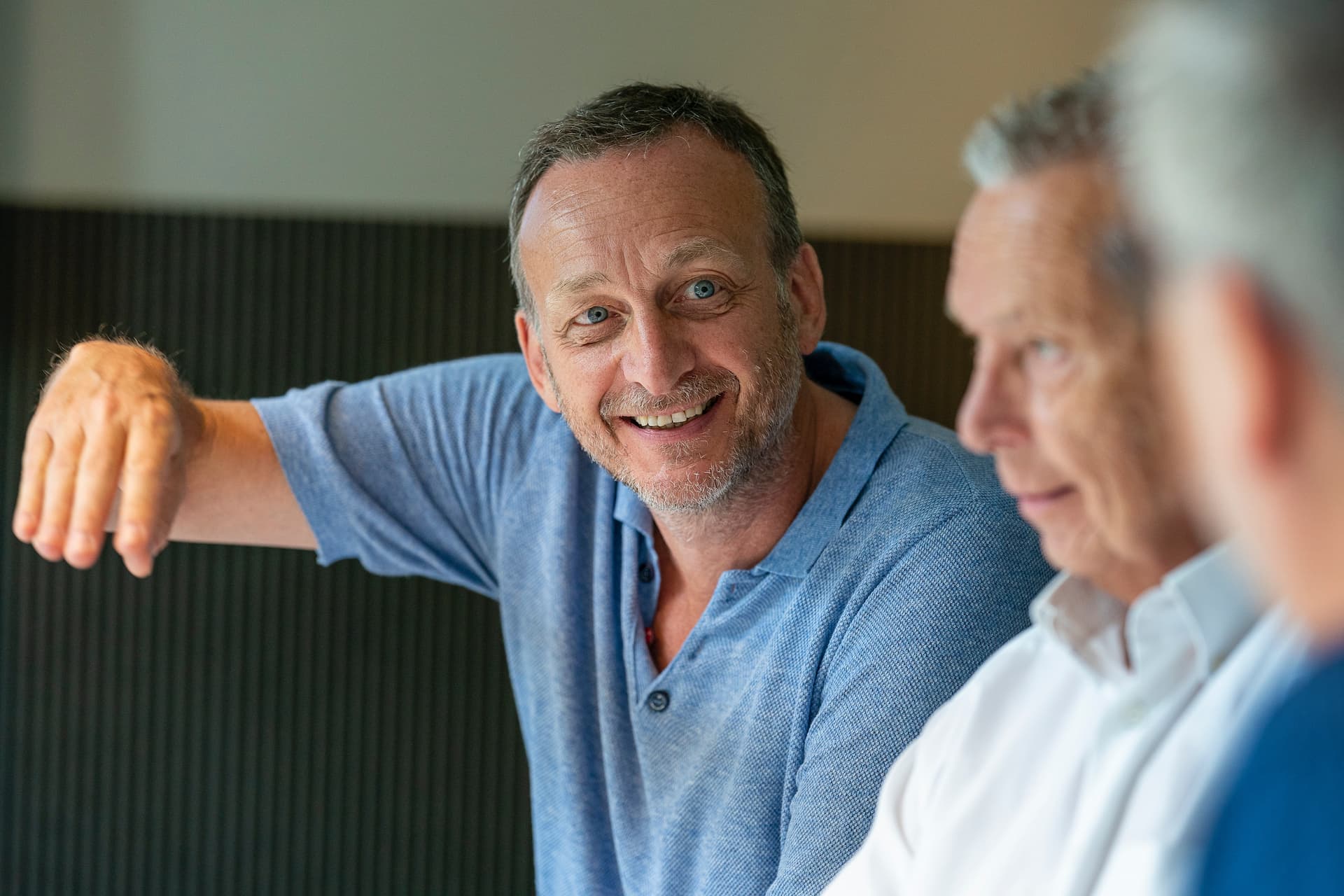What is electroconvulsive therapy (ECT)
Electroconvulsive therapy (ECT) is a procedure, done under general anaesthesia, in which small electric currents are passed through the brain, intentionally triggering a brief seizure. It is conducted in a safe and controlled environment. ECT has been shown to quickly reverse the symptoms of certain mental illnesses, such as treatment-resistant depression.
ECT is among the most effective treatments available for depression and is generally suitable for patients with severe conditions, who are unresponsive to other forms of therapy. It is one of the fastest ways to relieve symptoms in severely depressed or suicidal patients.
It is thought to improve depression in 70 to 90 per cent of patients, with a response rate much higher than that of antidepressant drugs.*
Furthermore, eight out of 10 patients who receive electroconvulsive therapy (ECT) respond well to the treatment. People who have had the treatment often say it makes them “feel themselves” again.
Although ECT has been used since the 1940s and 1950s, it remains misunderstood by the general public. Many of the procedure’s risks and side effects are unrelated to the treatment. ECT, when applied in a controlled environment by highly trained, professional medical staff is safe to use and can be highly effective in the treatment of certain mental illnesses.
What can electroconvulsive therapy (ECT) treat?
ECT is generally used when those with severe depression are unresponsive to other forms of therapy. Or it might be used when patients pose a severe threat to themselves or others and it is too dangerous to wait until medications take effect.
It’s also very effective for patients who suffer from mania or a number of other mental illnesses.
Prior to ECT
Before commencing treatment, you will undergo an extensive assessment, which includes the following:
- Electrocardiogram (ECG)
- Blood test, depending on your current medication
- Body Mass Index (BMI)
Please refrain from eating or drinking after midnight. If you take antihypertensive medication, ensure it is taken by 6:30AM. Wear comfortable clothing and minimal jewelry, and avoid using nail varnish. Additionally, follow any specific instructions provided by your consultant or ECT lead, as their recommendations may vary.
What happens during electroconvulsive therapy (ECT)?
On the day of your appointment, you should wear comfortable clothing and minimal jewellery, and avoid using nail varnish.
You will be required to have a carer or companion escort you to and from Nightingale Hospital on the day of your treatment. Travel arrangements and other logistics will be coordinated with you beforehand by the ECT coordinator. You will be expected to arrive at a time arranged previously with the ECT coordinator.
At Nightingale, you will be required to complete a pre-ECT checklist and have your vital signs checked.
If you are cleared for treatment, you will be escorted to the Northwick Park Hospital in Harrow by a member of Nightingale Hospital.
There, the treatment will be carried out by a psychiatrist from the ECT clinic with the assistance of the ECT lead nurse.
- You will be laid on a comfortable bed and assisted by a nurse. You will be asked to remove your shoes, jewellery and any dentures/piercings you may have
- A general anaesthetic injection will be given to you by the anaesthetist with the assistance of the anaesthetic nurse.
- Once unconscious, you will be given a muscle relaxant to stop your body from convulsing during the treatment. A mouthguard will be placed in your mouth for your protection.
- Electrodes will be placed on your head and the treatment will commence.
- Once the treatment is finished, you will slowly become conscious again.
How will I feel after electroconvulsive therapy (ECT)?
You may feel slightly disorientated, confused, or forgetful. During this time, you will be taken into a recovery room where your vital signs and orientations will be checked by a recovery nurse.
You may experience a slight headache as well as some aches and pains. This is completely normal and will only last for a few minutes. Once you are alert, you will be escorted into the lounge where you can relax with refreshments plus your morning medication, if any.
You are strongly advised not to drive or undertake any other activity which could risk your health for the next 24 hours.
How many treatment sessions might I have?
When beginning ECT, it is standard practice to be prescribed between 6 and 12 treatments to start
After every two treatments, your consultant psychiatrist will review your progress thoroughly before continuing.
Electroconvulsive therapy (ECT) at Nightingale Hospital London
Nightingale Hospital has a formal agreement with the Central and North West London NHS Foundation Trust (CNWL), for the delivery of ECT. This agreement provides Nightingale Hospital patients with access to treatment at Northwick Park Hospital, Harrow.
The cost of ECT treatment at Nightingale Hospital includes an escort nurse and private transfer to and from Northwick Park Hospital if needed.
All patients receiving ECT must be under the care of a Nightingale consultant psychiatrist. This treatment is available to both outpatients and inpatients.
For more information, please contact ect@nightingalehospital.co.uk or submit an enquiry below.







